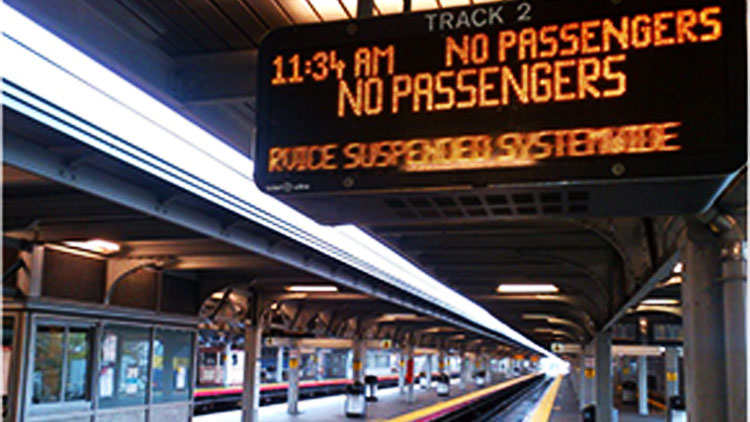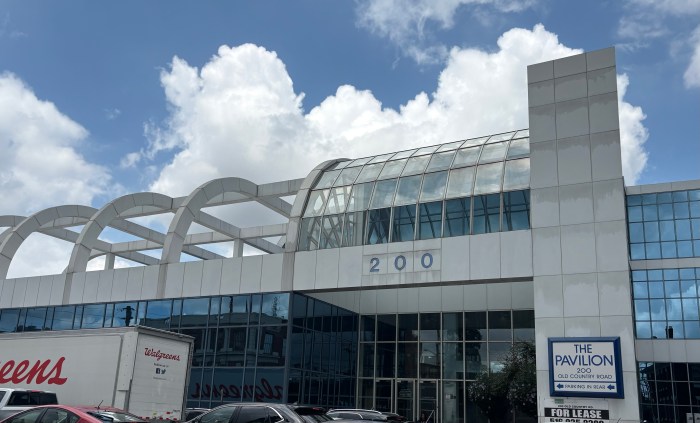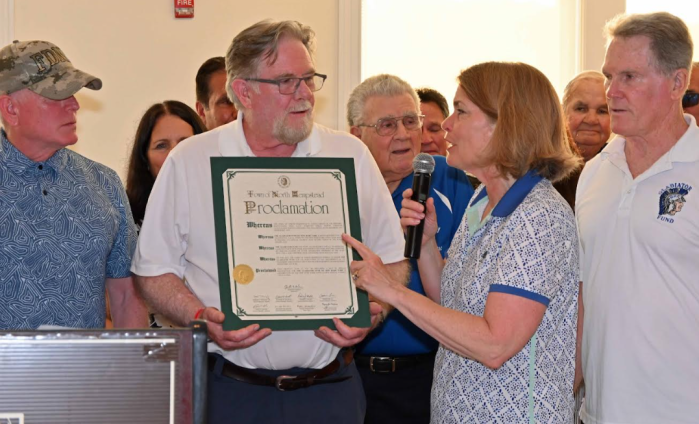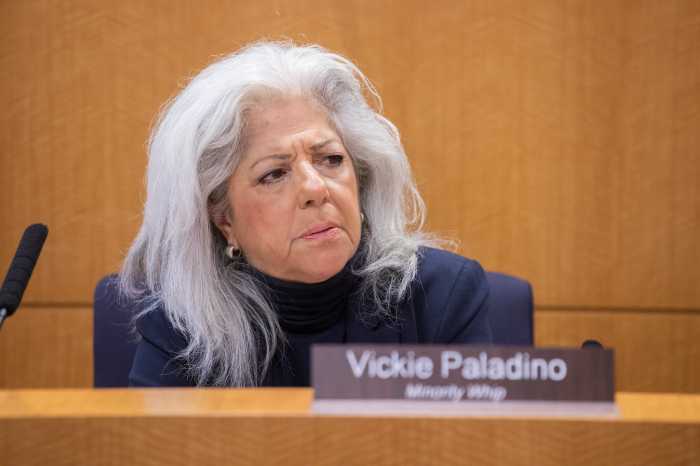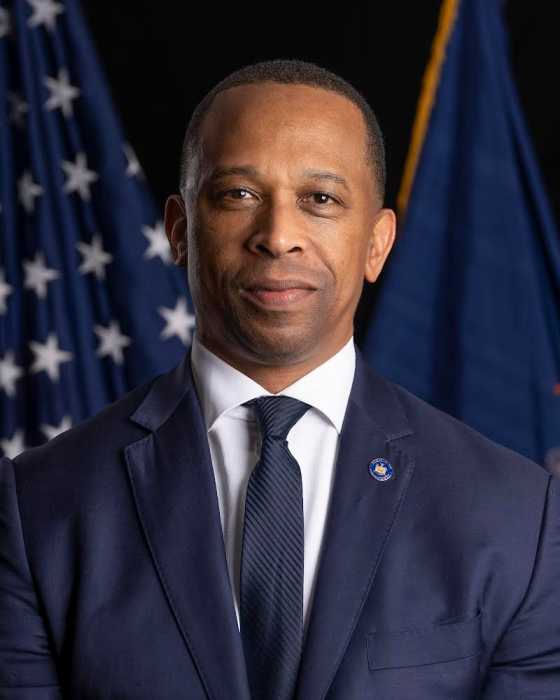With a possible Long Island Rail Road strike only three days away, union leaders and the MTA returned to the bargaining table Thursday and could be close to reaching a deal, according to multiple reports.
The latest developments come as Gov. Andrew Cuomo decided Wednesday to directly insert himself into the negotiations for the first time, amid calls from other elected officials and LIRR riders that he assert his authority.
“The possible LIRR strike would be highly disruptive to the people and economy of Long Island,” he said in a statement Thursday morning. “The parties returned to the negotiating table yesterday morning at my request. Late yesterday, when the conversations had not been fruitful, I began participating in them directly. Those conversations proceeded until late into the night.”
Cuomo, who up until Wednesday has refused to get involved, said he convened a meeting at 10 a.m. Thursday at his Manhattan office to continue discussions.
“I want to make sure I have done everything I can possibly do to avert a strike,” he said.
If Cuomo is unsuccessful in brokering a deal, a strike would begin at 12:01 a.m. Sunday. But the LIRR’s closing procedures would begin before that, most likely on Saturday.
BREAKING: Chief union negotiator on #LIRRstrike: “We’ve said we don’t want a strike. And we are moving very, very close to not having one.”
— NJ Burkett (@njburkett7) July 17, 2014
Related: How to get to NYC with LIRR Strike Expected Sunday?
A work stoppage would halt the nation’s largest commuter railroad and impact 300,000 weekday commuters who would be forced to initiate contingency plans—either telecommuting, taking a vacation, hopping a ferry from Glen Cove, or getting behind the wheel and adding to the already congested roadways.
The potential downside to a strike is not limited to headaches for commuters.
A strike would also have a severe economic impact on Long Island and New York City, according to New York State Comptroller Thomas DiNapoli, who said Tuesday that a strike could cost the region $50 million daily.
Delis, newsstands, small shops, and taxi companies across Long Island also rely on LIRR commuters’ business to stay afloat.
So far, the governor has issued carefully worded statements and has not played favorites. He previously said that a strike wouldn’t be a “disaster,” and deferred to Congress, which also declined to intervene.
Talks between both sides broke down Monday. On Tuesday, union leaders and the MTA released competing letters to the public and the MTA unveiled a print and radio ad campaign defending their position. They returned to the negotiating table Wednesday at the behest of Cuomo who called on both sides to work “continuously.”
The MTA and LIRR union leaders are feuding over demands that both sides find unfair. The MTA is offering 17-percent wage increases over seven years and wants workers to contribute 2-percent to their health care plans; unions are asking for the same wage increase but over six years.
It’s unclear if reports that both sides are “close” to reaching a deal is true, or if the statements are another negotiating tactic.
Whatever the case, LIRR riders are eagerly waiting to find out if their commutes will go on as usual or if things are about to get a lot more interesting.




